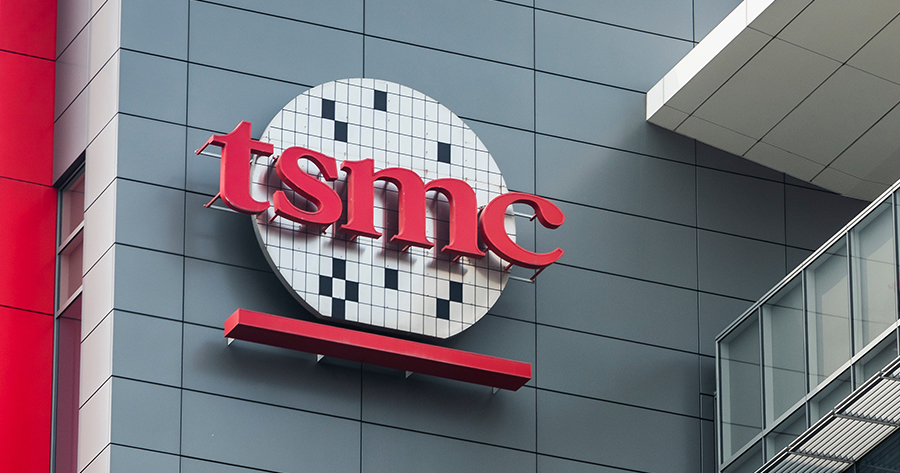Sales of Taiwan Semiconductor Manufacturing Co. (TSMC) shattered forecasts, bolstering investors’ confidence in artificial intelligence hardware going into 2025.
The world’s largest chipmaker reported a 39% growth in 4Q24’s revenue to NT$868.5 billion ($26.3 billion), from calculations based on monthly disclosures. The consensus estimates the revenue at NT$854.7 billion.
The bold performance of Taiwan’s top company reinforced expectations on big tech companies such as Alphabet Inc., and Microsoft Corp., to continue investing in data centers at a rapid pace to accelerate AI development. Additionally, the maker of AI servers, Hon Hai Precision Industry Co., reported sales exceeding expectations, while Microsoft plans to spend $80 billion on data centers in this fiscal year.
TSMC has been reaping rewards from global AI booms in recent years. Ever since the AI race kicked off in 2022 with OpenAI’s ChatGPT, TSMC’s shares have skyrocketed to the point that its market capitalization has briefly crossed the $1 trillion mark in the U.S.
However, more skeptical observers pointed to a potential AI bubble, from bottleneck issues in development such as power shortages, or lack of AI apps or services that would actually utilize all of the server’s capacity.
Outside of the AI scene, TSMC, which will report its performance in detail on Thursday next week, must contend with the increasing tech market and geopolitical uncertainty in 2025.
Morgan Stanley forecasted TSMC 1Q25 revenue to drop 5% due to the company’s heavy reliance on iPhone release. The company’s annual sales growth is expected to report a low-20% in US dollars terms. Analyst Charlie Chan wrote that TSMC usually has a slow start at the beginning of the year, before over-delivering in subsequent quarters.
As part of TSMC’s long-term strategy, the company is blitzing through its international expansion. The broker anticipates a surge in capital expenditure in 2025 from around $30 billion this year.
According to a senior Taiwanese official, TSMC plans to build more plants in Europe gearing toward AI chips, on top of the under-construction plants in Japan, Arizona, and Germany.





